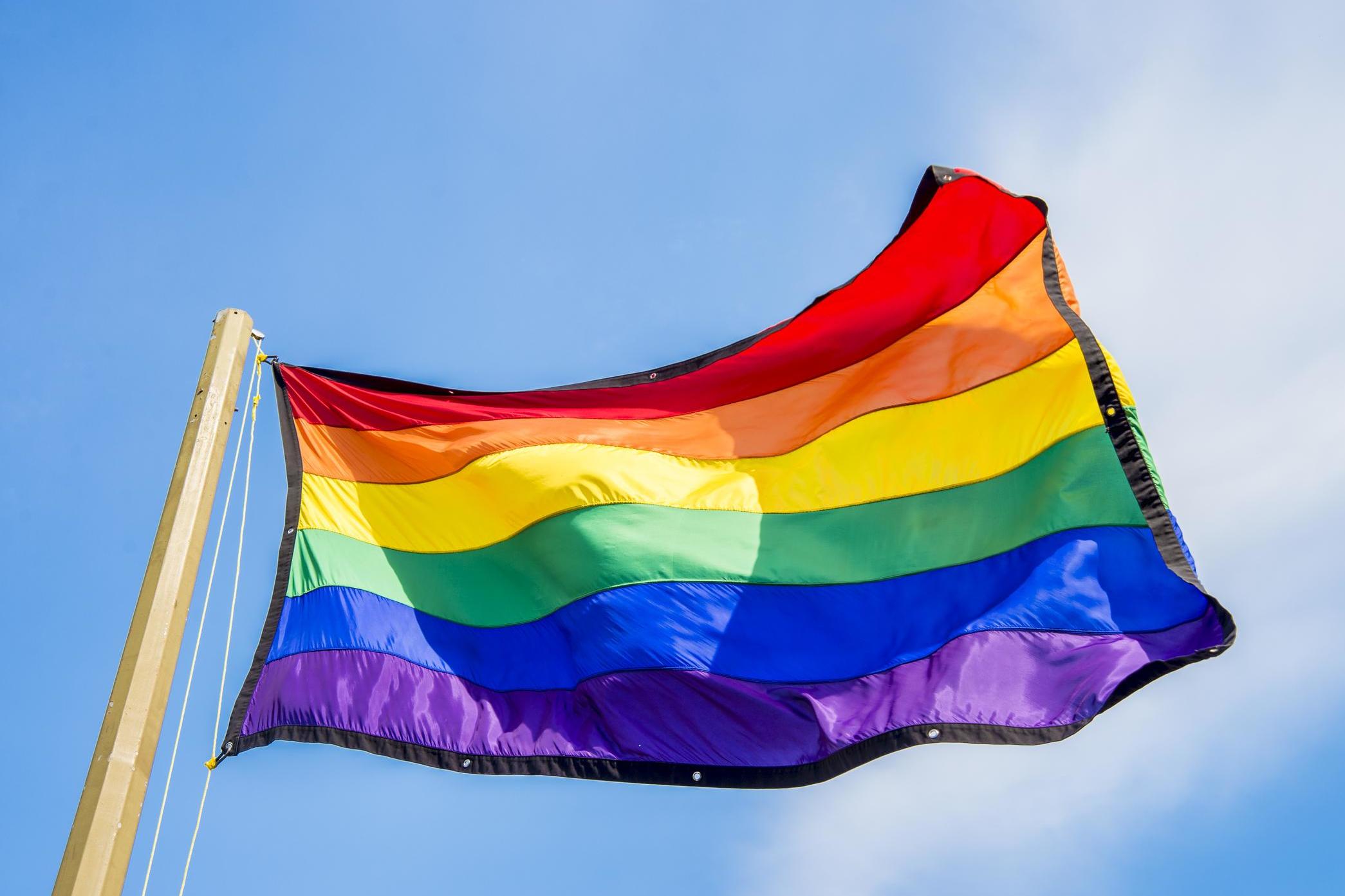Former asexual person reveals experiences: 'partners pushed me to go to the doctor to get 'fixed'
‘I was seen as less attractive and as less of a full, healthy person’

In recent years, society's understanding of gender has moved away from binary constraints.
Male and female have been blurred by terms like "pansexual" and "cisgender," which have established themselves so far into our cultural vernacular that even major retailers are rethinking what it means for clothing to be gendered.
Naturally, this has impacted how we view sexuality too.
An increasing awareness in LGBTQ issues and a rise in celebrities opening up about their own ambivalent sexual identities has broadened the sexual spectrum.
However, there is one component which remains seldom spoken about: asexuality.
It might affect just one per cent of the population, but it's no less worthy of an empathetic understanding.
A term ascribed to those who do not experience any sexual attraction, to any gender, asexuality is often considered to be the sexual elephant in the room.
What does it mean?
“Asexuality, in its most basic sense, means an absence of sexual attraction,” explains social psychologist Erika Price.
However, a lot of people see asexuality as a spectrum similar to a manner with which some people might view hetero and homosexuality, Price told The Independent.
Whilst in the past, Price has publicly identified as asexual, they now see themselves as non-binary, and has requested to be referred to in exclusively they/them pronouns.
How does it affect relationships?
“It was something people did not take very seriously,” Price revealed.
“People were convinced I would change my mind, or that it wasn't an accurate label for my experience. That kind of scepticism was bothersome, but I didn't internalise it."
Just because somebody is asexual, there is a general assumption that they do not engage in romantic relationships which is not the case, as Price explains, though their lack of sexual attraction has certainly hindered their ability to sustain long term relationships.
After revealing their asexuality to partners, Price was met with "abuse, revulsion, and pressure to engage in sex."
“Partners took it personally, pushed me into having sex I didn't want to have, threatened to break up with me if I didn't change.
"It's fine for someone to not want to date an asexual person, I have no problem with that, but a lot of the abuse and sexual coercion was specifically because of that identity and partners' irritation with or revulsion toward it,” they said.
How is it identified?
Neither a pledge of abstinence nor a hormone imbalance, asexuality is complex to fully comprehend, let alone recognise in oneself.
“I found out about asexuality on the AVEN (Asexual Visibility and Education Network) site in the early 2000's,” Price explained.
“I was in my teen years and struggling to understand my sexual orientation and identity, and found that I didn't experience attraction to other people most of the time. After participating in the forum for a while and interacting with other people, I decided the label was the best way to describe my experience.”
Where does it come from?
Price has since moved away from the term, explaining that the complexity of their situation transcends that of asexuality and attributes their lack of sexual attraction to gender dysphoria, a condition where a person experiences a mismatch between their biological sex and their gender identity, according to the NHS.
“I was too disconnected and repulsed by my own body to imagine wanting to physically connect with someone,” they explained.
“I still identify as on the asexual spectrum, but I do have the capacity to be attracted to people, and as I work through gender issues more, I am more sexual as a person.”
Price is on the autism spectrum, and believes that this may have something to do with their gender issues.
“I don't want to paint with too broad of brushstrokes, but I think if you have sensory issues or gender issues that make it hard to connect with your body and feel comfortable in the world, it's likelier that you will feel sexually disconnected from other people, as well,” they said.
The stigma
Whilst trans and homosexual issues have arguably been less stigmatised thanks to frequent figments in the cultural zeitgeist - several transgender models walked the runways at New York Fashion Week, for example - Price believes that an overriding stigma remains attached to asexuality.
Whether it's due to ignorance or fundamental misunderstanding, Price explained that they have witnessed a lot of the stigma first hand, explaining that people accused them of faking their own identity and not understanding their own desires.
“Partners saw me as broken - some literally pushed me to go to the doctor to get 'fixed'.
“I was seen as less attractive and as less of a full, healthy person because of my asexuality."
Feeling excluded from the LGBTQ community is something many asexual people also feel, explained Price.
Though some refer to the community as LGBTQIA, which includes intersex and asexual, it is the less commonly used acronym.
“I frequently hear other LGBTQ people saying that asexual people don't belong in the community, don't experience oppression, and are basically straight people seeking community resources.
“That exclusionary attitude is really hurtful and isolating, I think, and is another layer to the stigma.
“It's true that asexual people don't experience the same types of danger that gay or bi people do, or that trans people do, but being told you're broken, being forced into relationships/sexual encounters you don't want, and never being believed when you share your identity with somebody is still an oppressive experience.”
Join our commenting forum
Join thought-provoking conversations, follow other Independent readers and see their replies
Comments
Bookmark popover
Removed from bookmarks